Understanding Storage Needs During Home Accessibility Modifications
When adapting a home for special needs, families often face the challenge of managing existing furniture, medical equipment, and renovation materials while maintaining daily functionality. A well-planned storage strategy is crucial for a smooth home modification process.
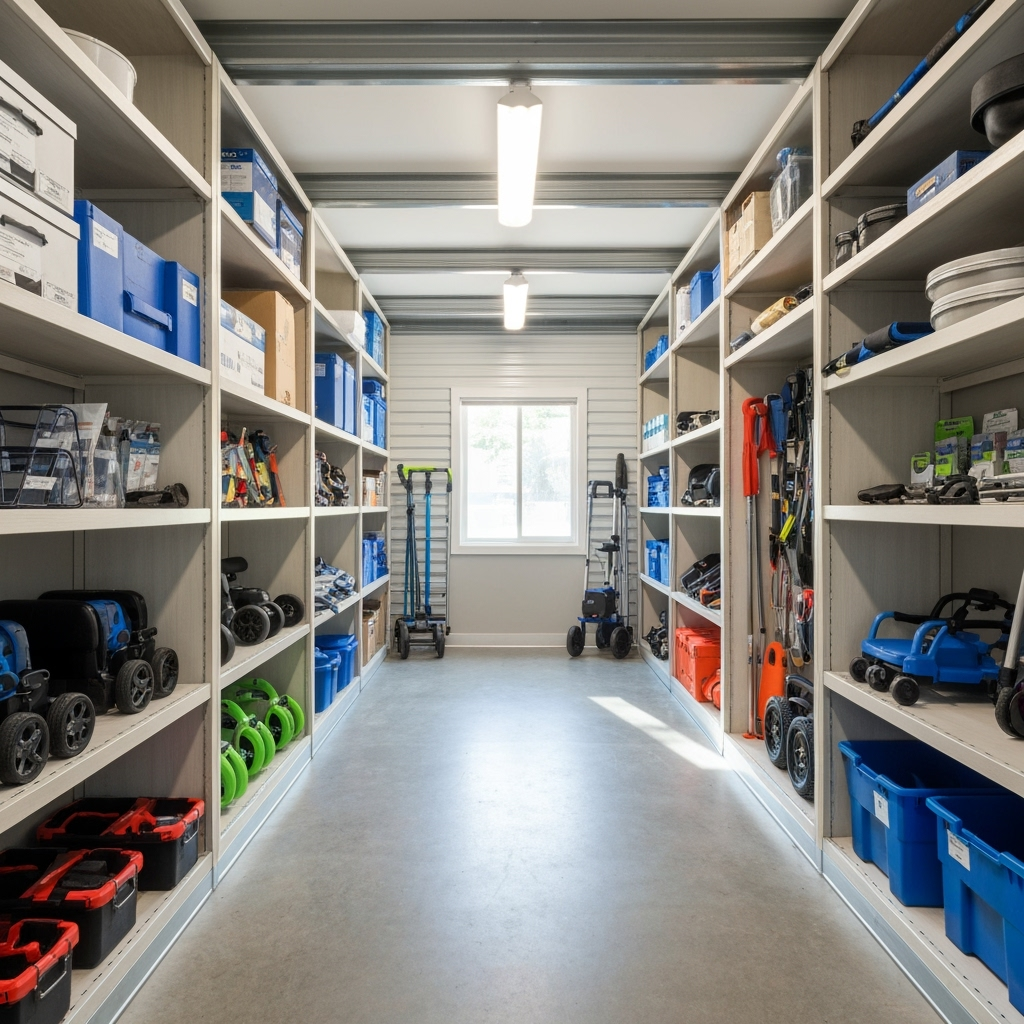
Creating a Transition Plan for Home Modifications
Before beginning accessibility renovations, develop a comprehensive plan that addresses:
- Temporary storage needs for existing furniture and equipment
- Safe storage of medical devices and adaptive equipment
- Space for construction materials and new accessibility features
- Maintaining access to essential daily items
Climate-Controlled Storage Solutions for Medical Equipment
Medical equipment and adaptive devices require special care during storage. Climate-controlled units provide the ideal environment by:
- Maintaining consistent temperature and humidity levels
- Preventing damage to sensitive electronic components
- Protecting equipment from dust and debris
- Ensuring equipment remains in working condition
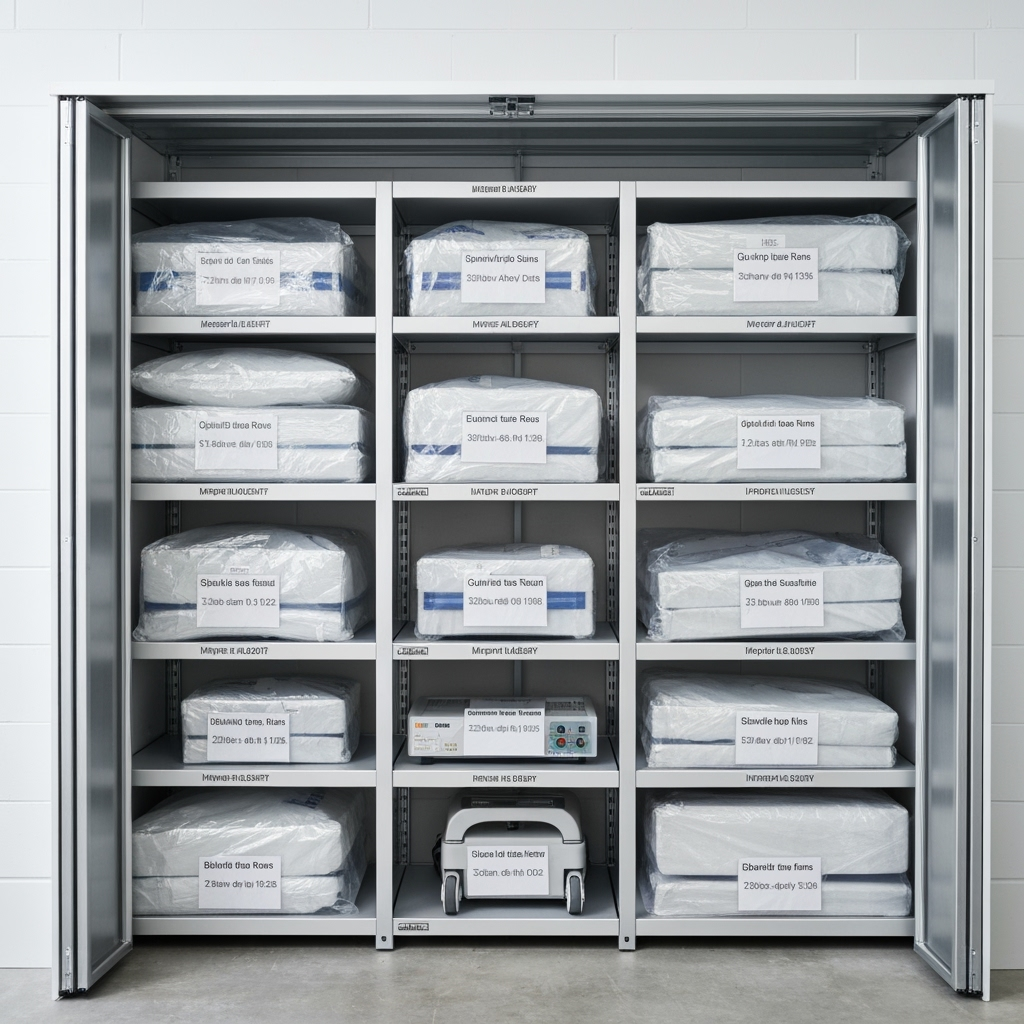
Organizing Your Storage Space for Accessibility
When setting up your storage unit, consider these organization strategies:
- Create wide aisles for wheelchair access
- Use shelving at appropriate heights
- Label everything clearly with large print
- Keep frequently needed items easily accessible
- Document the location of stored items
Managing Construction Materials and New Equipment
During renovations, you’ll need to coordinate storage for:
- Building materials and supplies
- New accessibility equipment before installation
- Temporary ramps and mobility solutions
- Tools and construction equipment
Tips for a Successful Storage Strategy
Make your storage experience more effective with these practical tips:
- Choose a storage facility with good accessibility features
- Consider proximity to your home for frequent access
- Create an inventory system for stored items
- Keep essential medical equipment easily accessible
- Plan for both short-term and long-term storage needs
Safety Considerations for Medical Equipment Storage
Protect valuable medical and adaptive equipment by:
- Using appropriate packing materials
- Following manufacturer storage guidelines
- Maintaining battery-powered equipment properly
- Regular checking and maintenance of stored items
Working with Contractors and Storage Facilities
Effective communication with all parties involved ensures a smoother renovation process:
- Coordinate delivery and pickup schedules
- Share access information with necessary parties
- Discuss special requirements with storage facility staff
- Plan for equipment delivery and installation timing
Timeline Management for Home Modifications
Create a realistic timeline that includes:
- Initial packing and storage preparation
- Construction phases and storage needs
- Equipment installation scheduling
- Return of stored items to the modified home
Making the Transition Back Home
Plan for a smooth return of stored items by:
- Organizing items based on installation timing
- Coordinating with contractors for equipment installation
- Ensuring new modifications are complete before returning items
- Testing all equipment before final placement
With proper planning and organization, your storage unit becomes a valuable asset during home accessibility modifications, helping maintain order and protect essential equipment throughout the renovation process.


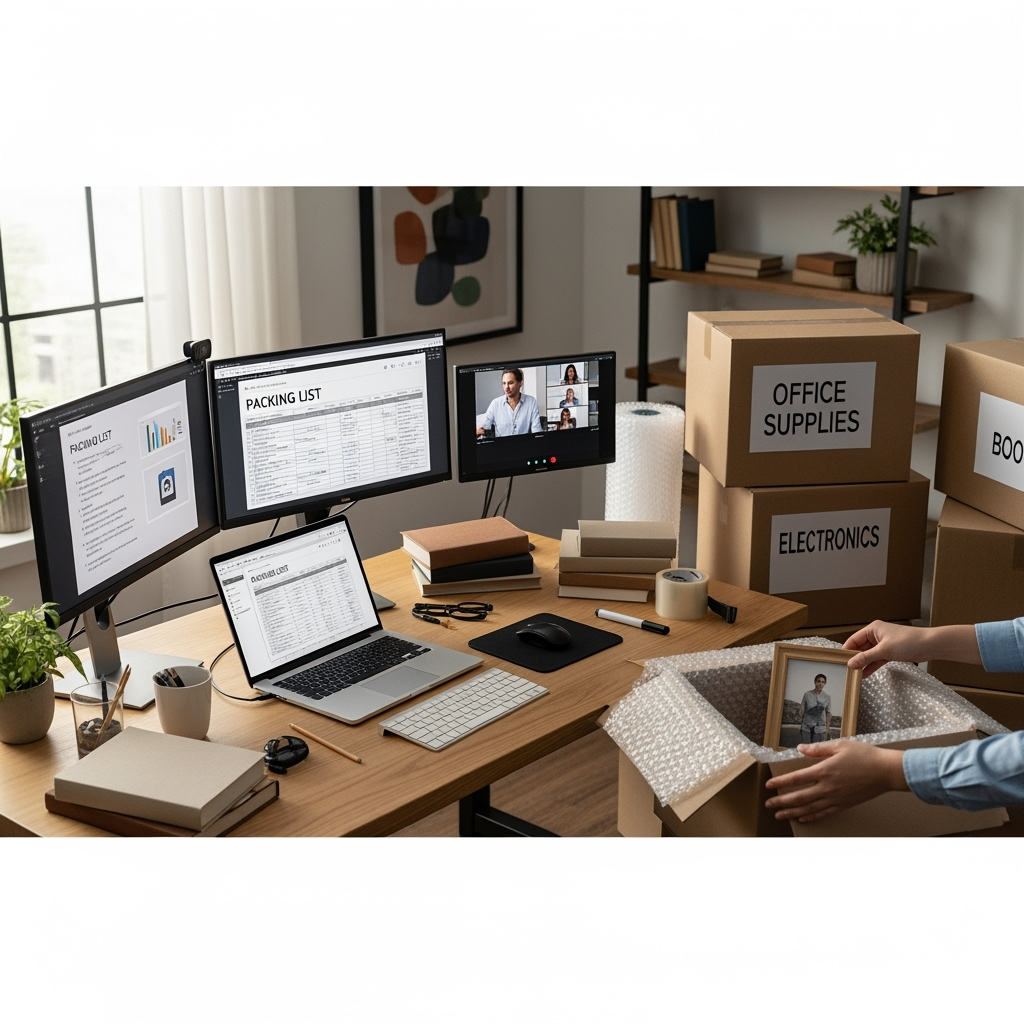

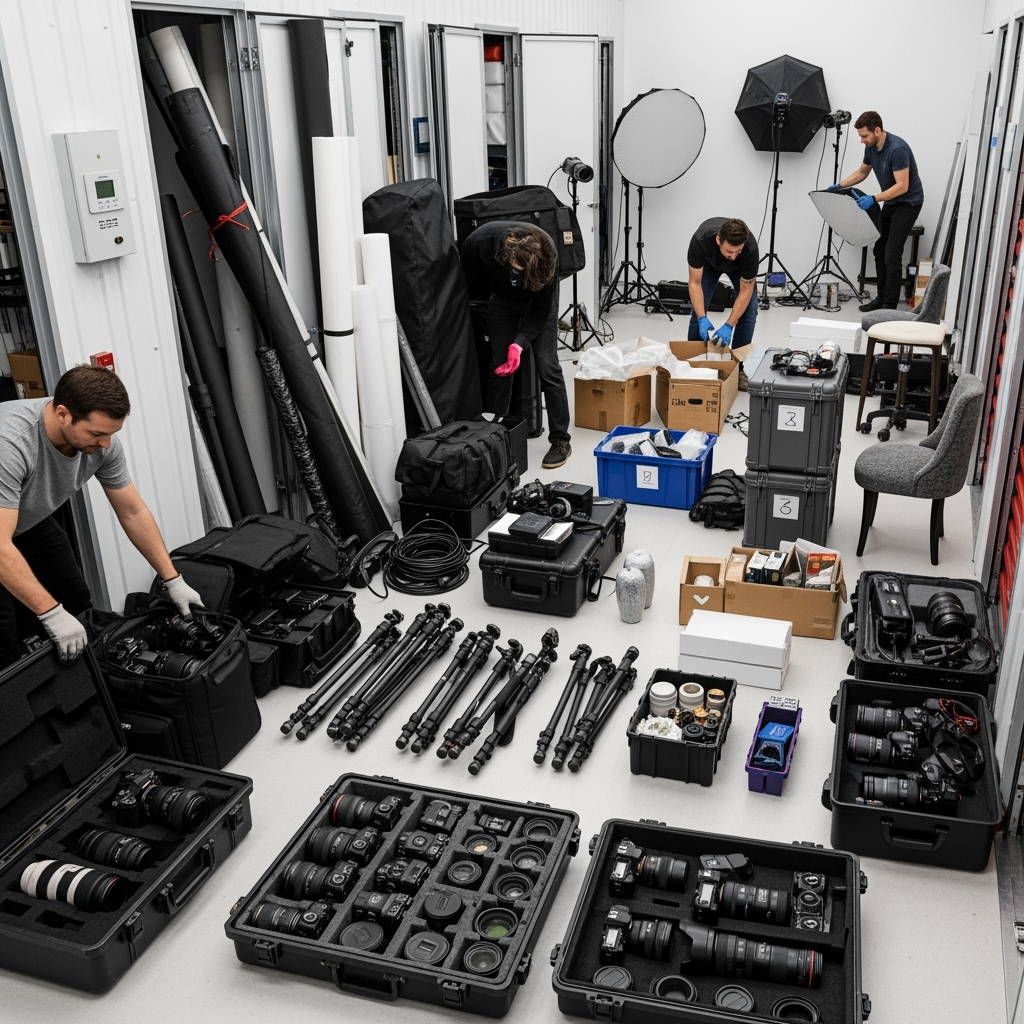
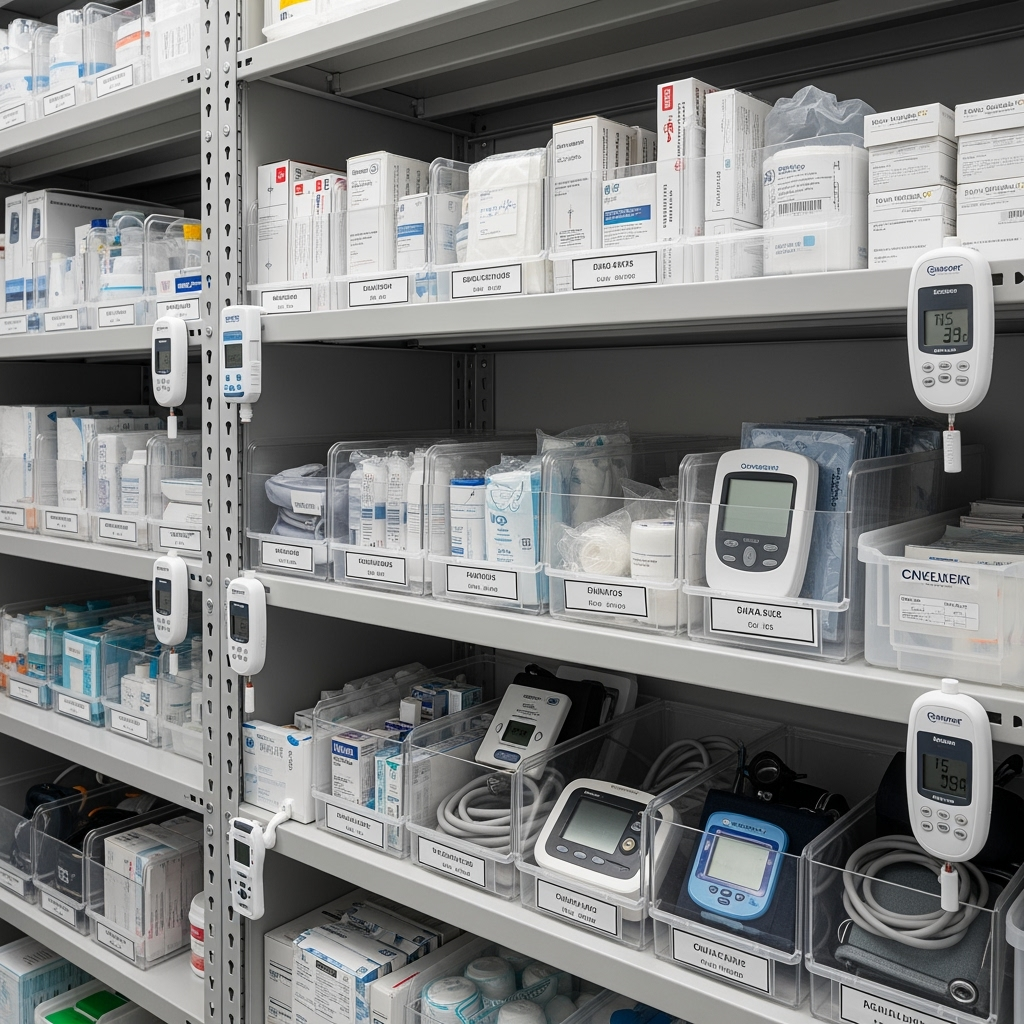
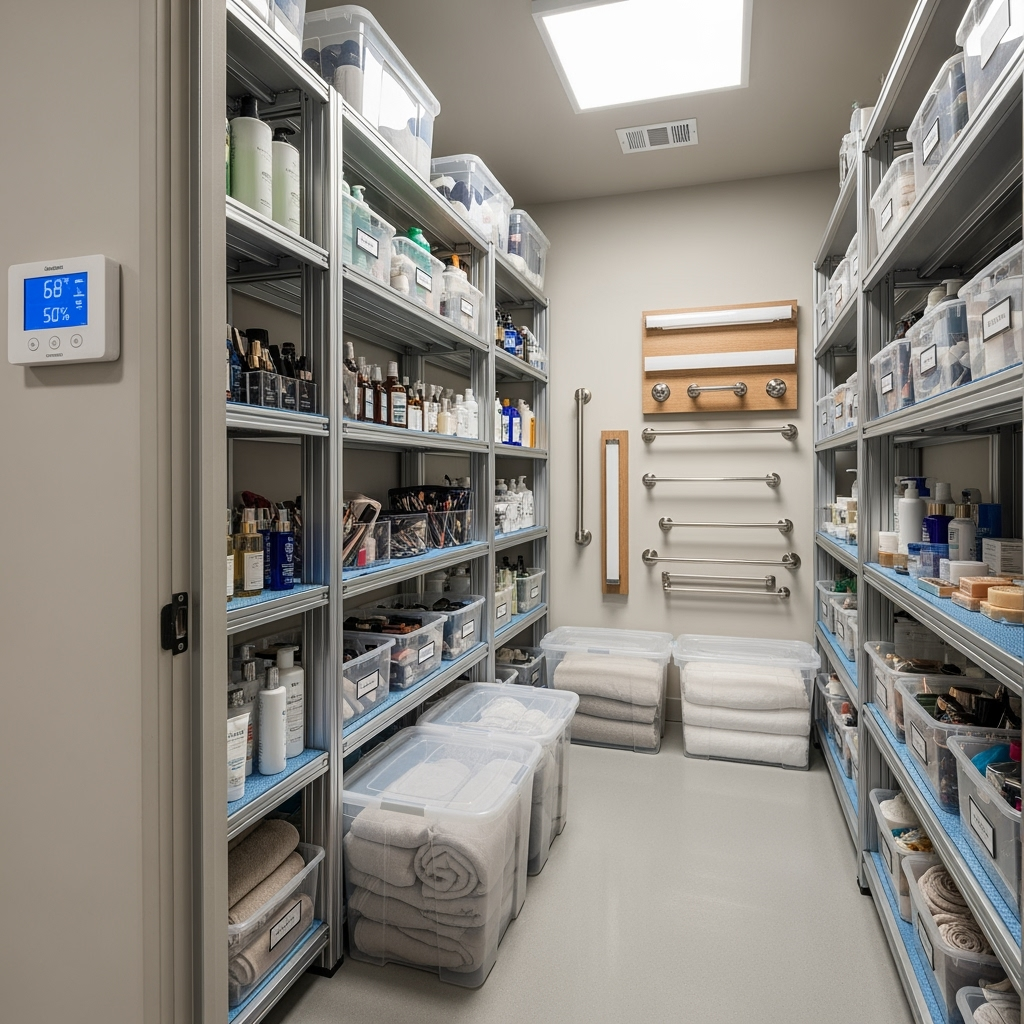
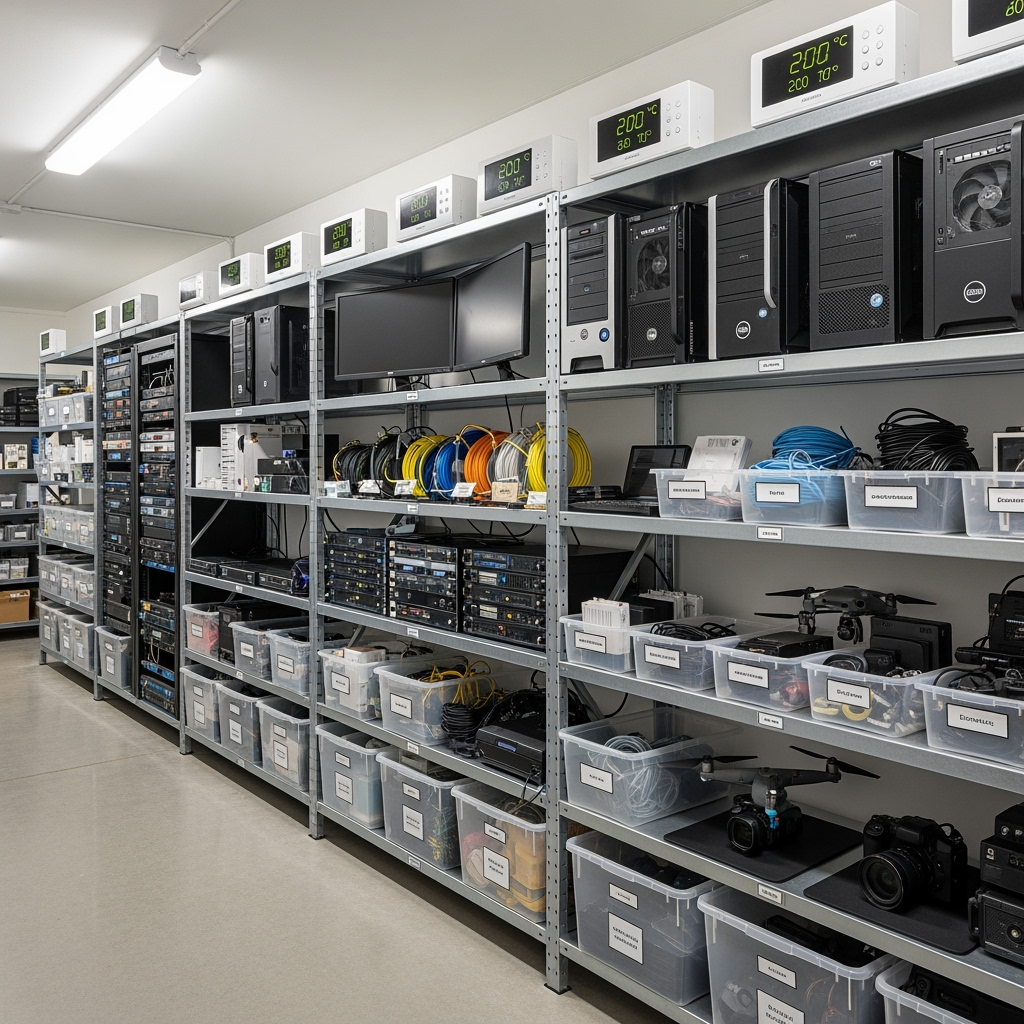
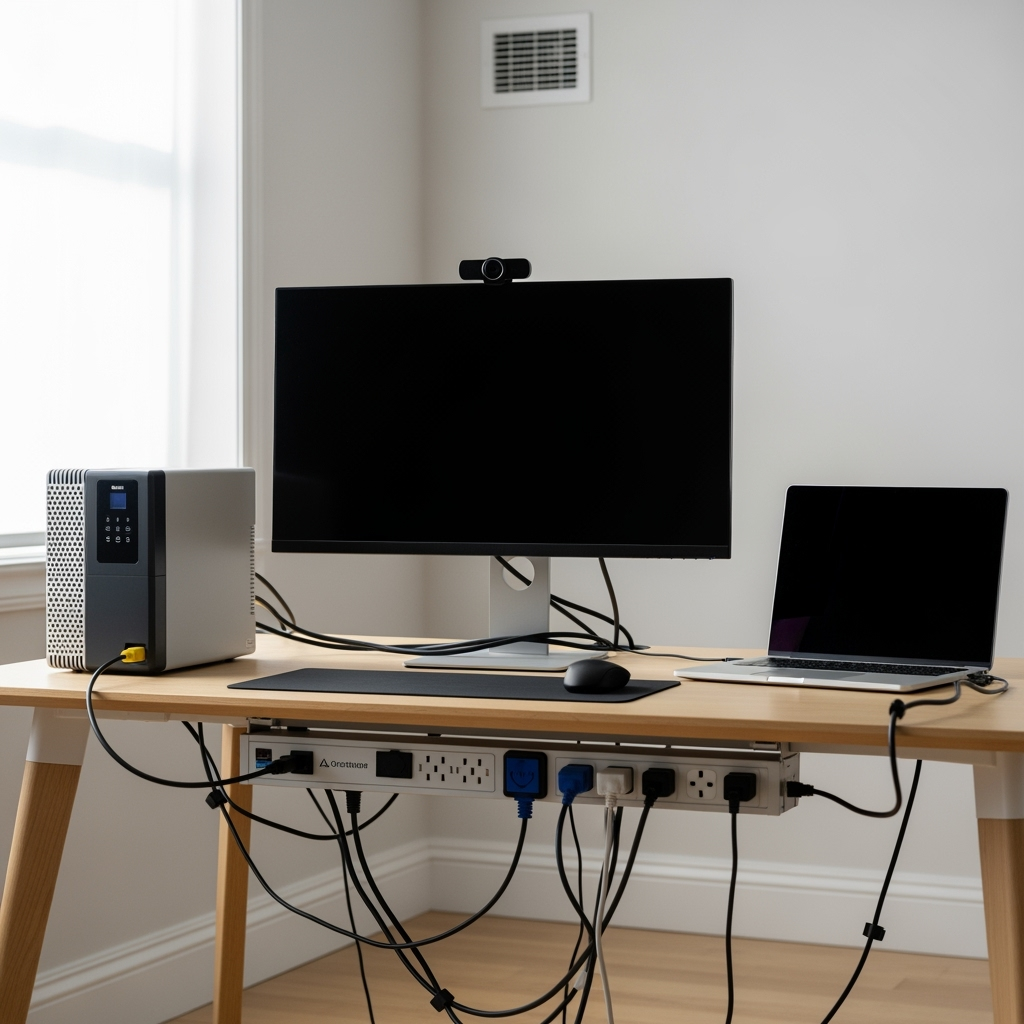
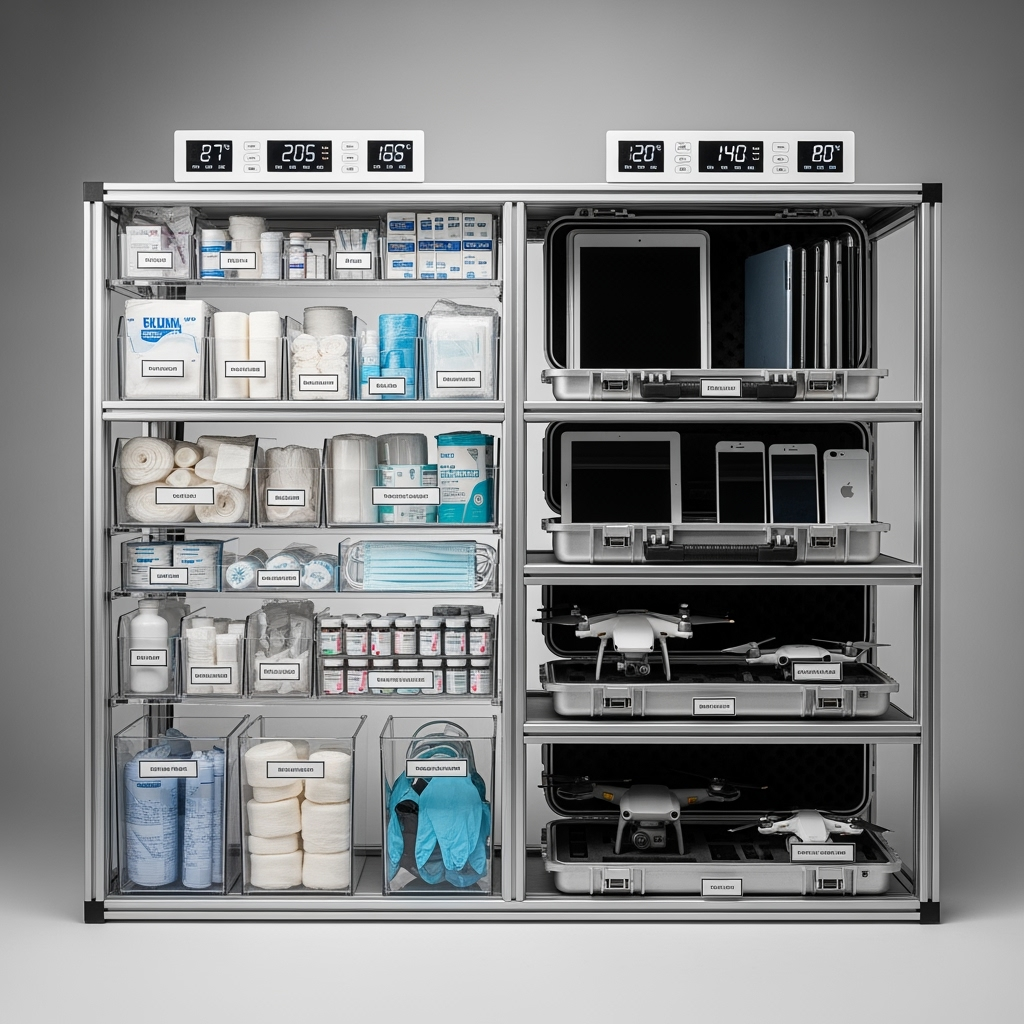
Leave a Reply